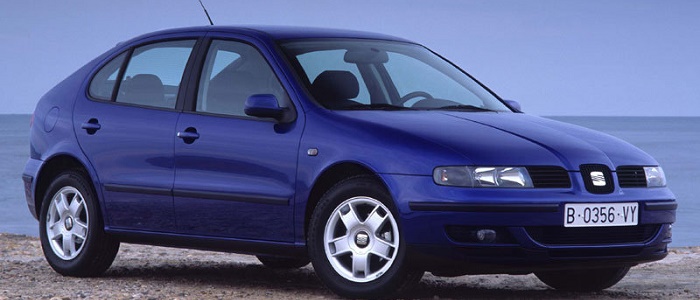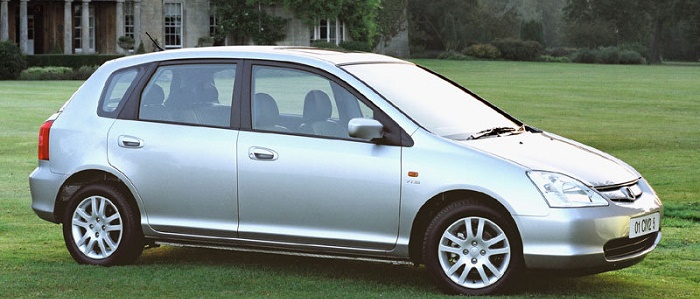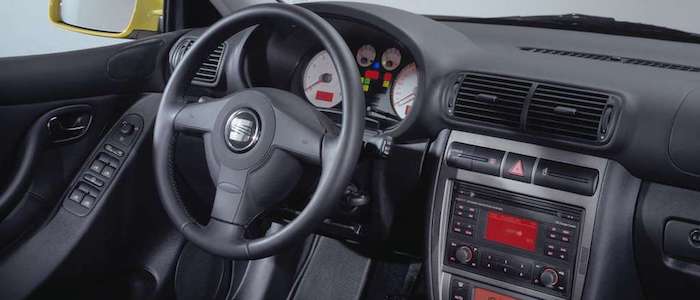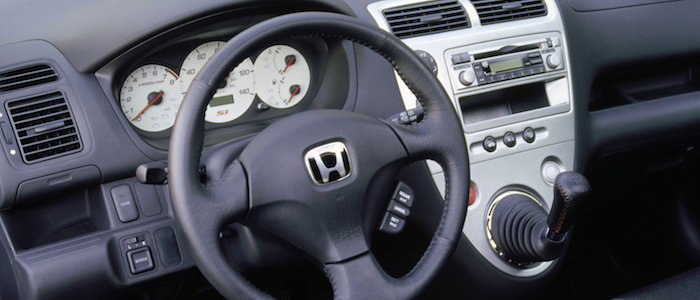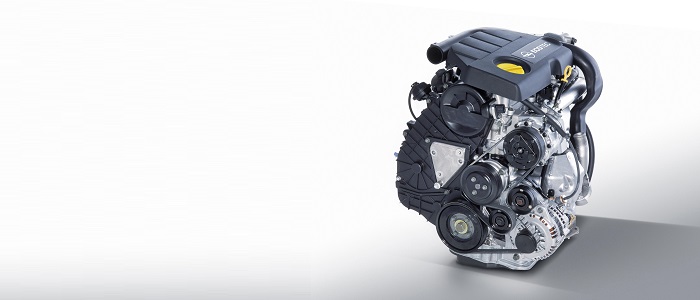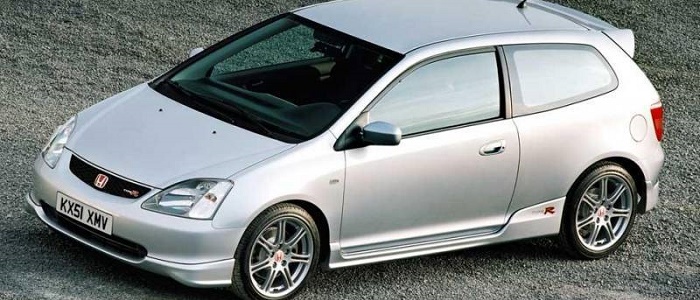Compare two cars
Compare any two cars and get our Virtual Adviser™ opinion
Dimensons & Outlines
Engine
1.7 Z17DTH
Performance (manual gearbox)
Performance (automatic gearbox)
Expenses
Virtual Adviser's™ opinion
Two significantly similar cars, no doubt about that. Still, each one has something different to offer. Having both cars powered by diesel engines and utilizing the 5-door hatchback body style within the same 'Small family car' segment, the only major difference here really is their wheel drive configuration (4 x 4 for the Seat and front in the case of the Honda). The first one has a Volkswagen-engineered powertrain under the hood, a 4-cylinder, 8-valves 150hp unit, while the other one gets its power and torque from a 4-cylinder, 16-valves 100hp engine designed by Isuzu.
SafetyThe fact that the Honda got tested by the European New Car Assessment Programme (Euro NCAP), while the other contender didn't, offers a slight advantage, as the 4-star rating is better than none. That aside, let's consider some other aspects which affect safety. Both vehicles belong to the small family car segment, which is generally classifying them somewhere in the middle safety-wise, still it doesn't help us solve our dilemma, does it? Furthermore, when it comes to weight, a factor that most people underestimate, the Spanish car offers a considerable difference of 13% more metal.
ReliabilityManufacturers have been building their reliability reputation for decades now and, generally speaking, it appears that Honda as a brand displays somewhat better results, all the models observed together. These are the results of an independent reasearch, while our visitors describe reliability of Seat with an average rating of 4.5, and models under the Honda badge with 4.7 out of 5. Some independent research have also placed Leon as average reliability-wise, and Civic is more or less at the same level.Above it all, drivers of cars with the same engine as the Spanish car rank it on average as 4.2, while the one under the competitor's bonnet gets 3.8 out of 5.
Performance & Fuel economySeat is undoubtly more agile, reaching 100km/h in 2.4 seconds less than its competitor. In addition to that it accelerates all the way to 211 kilometers per hour, 29km/h more than the other car. When it comes to fuel economy the winner has to be the Japanese car, averaging around 5 liters of fuel per 100 kilometers (57 mpg), in combined cycle. We can't ignore that 14% difference compared to the Spanish car.
Verdict
Honda appears just a bit more reliable, although the difference is truly marginal. The most important thing when deciding between any two vehicles should always be safety, both passive and active. In my opinion, everything taken into account, the Japanese car offers significantly better overall protection, taking the lead here. From there things take a different direction, with Seat outracing its opponent in any situation possible, making it better choice for boy racers. It does come at a cost though, and that's the fuel consumption... No mistake, whatever you decide here, but I'd still go for the Honda. Anyway, that's the most objective conclusion I could've came up with and it's based solely on the information found on this website. Aspects such as design, practicality, brand value and driving experience are there for you to measure them out. I suggest you spend two more minutes in order to find out which car, based on your needs and budget, would be picked by the virtual adviser™, among more than 12.000 different ones in our database.
Related articles
Whenever we think of ISUZU, which we never do, it's usually a tiny bus, ridiculously high for its length and width, that we have in mind, most likely provided by a travel agency as a part of a low interest optional trip to some God-forgotten village. What we should have in mind though...
Somewhere in the 80's there was a breakthrough in the hot hatch segment. Just remember cars such as Volkswagen Golf Gti, Renault 5 GT, Lancia Delta Turbo Integrale, Peugeot 205 GTI etc. There, even while writing this I feel sorry for not still living in that age...























